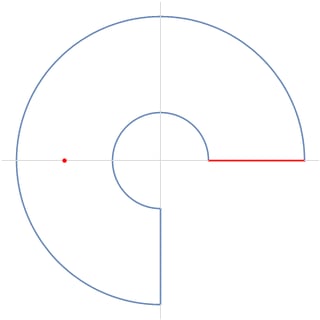Let $\delta, \varepsilon \in (0,1)$. I am interested in a sequence $\{f_n\}$ of polynomial approximations of the square root function $x \to x^{1/2}$ on $[\delta,1]$, of the form $$ f_n(x) = \sum_{i=0}^n \alpha_i x^i $$ which satisfies \begin{align*} \forall x \in [\delta,1],\ \left|f_n(x) - x^{1/2}\right|\ & \leq \varepsilon \\ n & = O\left(\frac{1}{\delta} \log\frac{1}{\varepsilon}\right),\\ \sum_{i=0}^\infty |\alpha_i| & \leq B, \\ \end{align*} where $B$ is a universal constant. (Obviously, I also want the sequence to satisfy $f_n(x) = f_{n-1}(x) + \alpha_n x^n$.)
Does such a sequence of approximations exist?
We can also relax the requirement that $B$ is a constant, and require $\sum_{i=0}^n |\alpha_i|$ to have a bound which is polynomial in $n$.
More generally, I am interested in approximations satisfying the same properties for the function $x \to x^{\alpha}$ where $\alpha \in (0,1)$.

